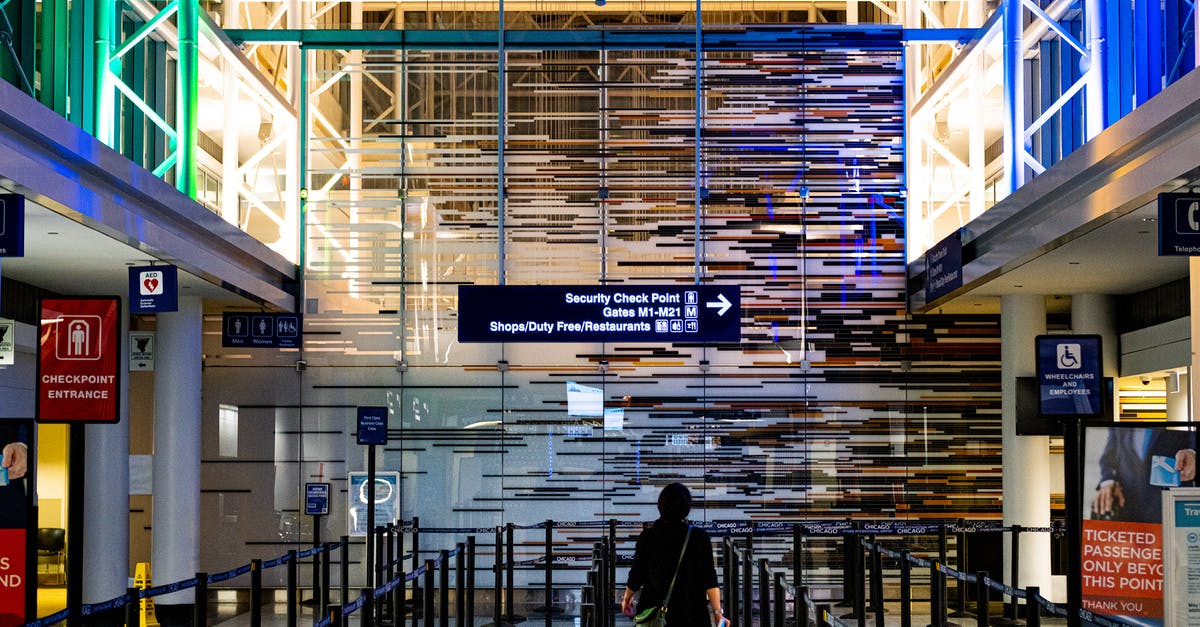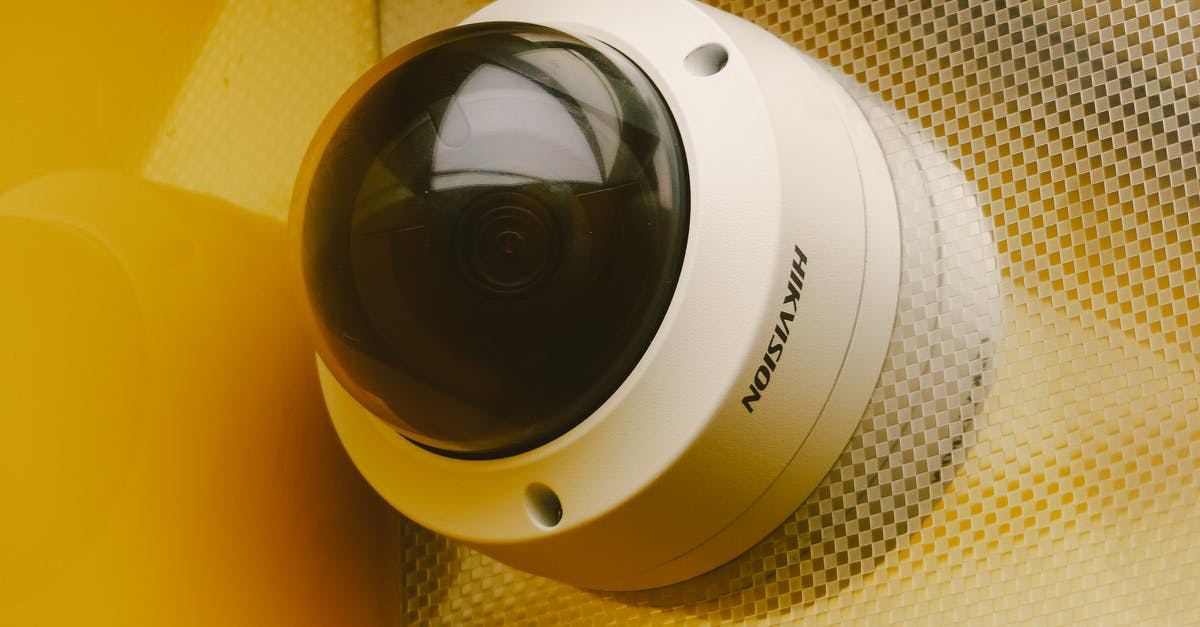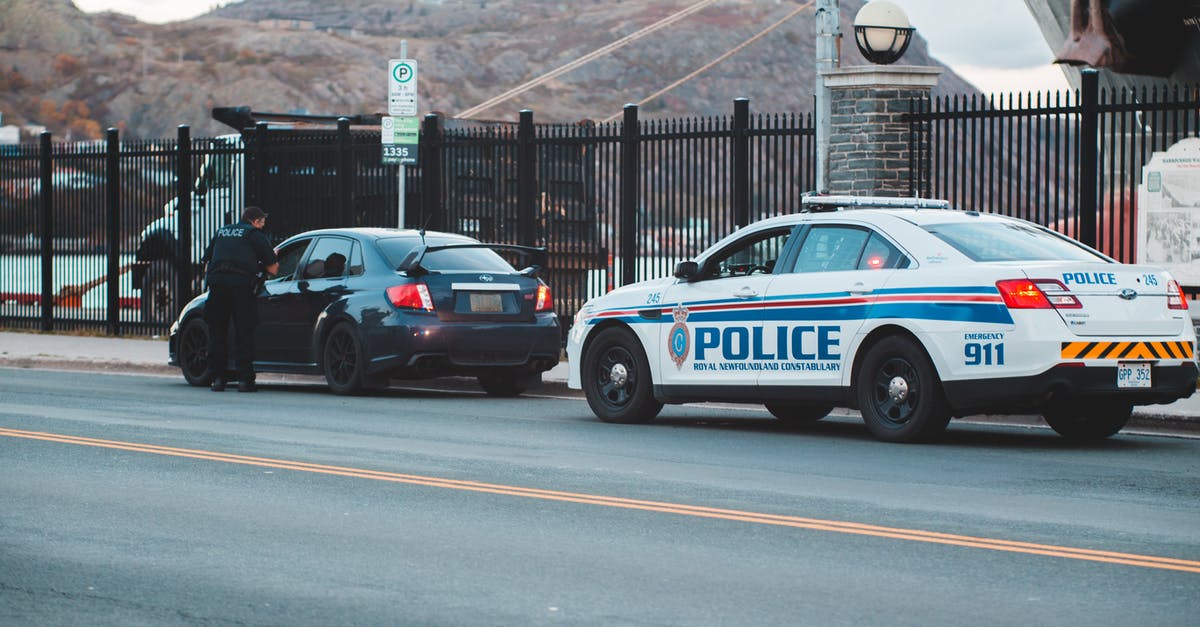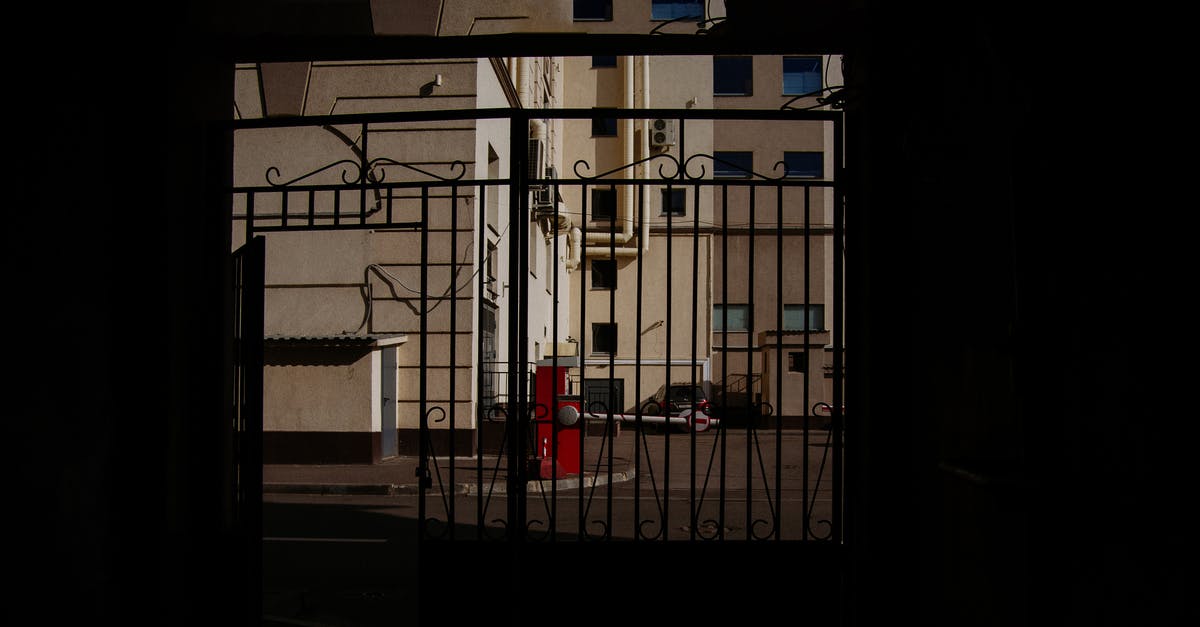Why are there two security checks in Cairo airport?

I was recently in Cairo Airport where I was in transit. To go from arrivals to departures I had to go through a security check. I thought arrivals was considered a secure area, but well, security is never enough, I can understand. After that, preparing for the connecting flight, I got some water and relaxed. I am always a bit anxious while I don't go through security. Only after that I relax and I feel that I will be able to get the plain (don't ask me why).
Surprise, surprise... When I got to the gate I had to go through a new security check. They actually check before boarding. That meant going all over the process again and throwing away the water. As I was not expecting it, I arrived 20 min. before the gate closed. I had the feeling that if I was a few minute delayed I would miss the flight as they do this procedure some time in advance and close the area.
Why do they have 2 security checks? I've never seen this before. is this procedure common in other airports?
Best Answer
Security checks do not follow any certain pattern.
If airlines or an administration feel the need they can 'make it so' and it is unlikely that they will explain why.
Some airlines carry out their own checks "at the gate" - I've experienced this several times in wider Asia with QANTAS where they had their own team and XRay machine in the boarding lounge. Also with one or more other airlines.
"Worst case" I flew QANTAS to NZ from Asia and transited Sydney (in Australia). We were asked to leave the plane and take our carry-on luggage, then within a short period (under an hour) we boarded the same plane but were subject to an "at the gate" security check with Xrays. They may just have heard some only semi muffled comments from my direction. (I'd probably avoid that further from home but in OZ they expect Kiwis to be stroppy and assertive - if not quite up to Australian standards :-) ).
At Pune domestic airport (bound for New Delhi) we were subject to a security check with bag XRays on entering the terminal prior to reaching the check-in counter. But, on the return trip at New Delhi there was no XRay machine at the entrance, but they had a sand-bagged machine gun post on the aerial approach road, armed soldiers at the doors and in the terminal, and declined my request to venture outside (to take photos) once I was inside.
Related:
At Chennai railway station they had a manned XRay machine at the entrance but passengers were not being checked, they had armed soldiers here and there and an (unmanned) sandbagged machine gun nest commanding a view down the platforms. Two bombs exploded on an incoming train standing at the platform a few weeks after I passed through there (nobody hurt) so the randomness of security checks is actually somewhat reassuring.
In Mumbai at the 'Taj Mahal Palace' hotel adjacent to the 'Gateway to India' (location of a major terrorist attack some years ago) an armoured car stands permanent watch outside and guards check you in and out through security. (It took them a week+ and too many lives to clear the 'bad guys' out last time.)
So, standards vary, they do it because they think it's a good idea AND because they can, and hopefully if you can't see any predictable pattern in it then the "bad guys" also will not be able to.
Pictures about "Why are there two security checks in Cairo airport?"



Why do airports do random security checks?
It's the Transportation Security Administration's way of flagging airline passengers for \u201cenhanced\u201d screening. An SSSS code stamped on your boarding pass overrides pre-approval through a Trusted Traveler Program such as TSA PreCheck and can add 15 to 45 minutes (or more) to your boarding process.What are the security checks at airports?
TSA uses millimeter wave advanced imaging technology and walk-through metal detectors to screen passengers. Millimeter wave advanced imaging technology safely screens passengers without physical contact for metallic and non-metallic threats, including weapons and explosives, which may be concealed under clothing.How long does it take to get through customs at Cairo airport?
Average for me is about 45 mins to an hour from landing to the street and that is with luggage collection.How many runways does Cairo airport have?
The airport has three terminals. The third terminal was inaugurated on 18 December 2008. There are also three runways and a single cargo terminal (the third runway opened in 2010).Cairo, Egypt Airport Walkthrough—Get from your plane all the way through customs and arrivals
More answers regarding why are there two security checks in Cairo airport?
Answer 2
I don't think there is a clear set procedure, I have seen all sorts of combinations and the best conclusion I can come up with is that it depends on how old the airport is and how robust the security of the building/area is.
The only common factor I found is -- if you can access the transit area without a check, then there are checkpoints at the gates.
Some examples:
In Kuwait, you have security checks both at departure (before immigration) and at each gate. If you are in transit, you have to be screened again before the next flight.
At Dubai and Bahrain the layout is the same - there is only one central security point; there is no at gate security. So you are screened after immigration on departure and arrival. You are also screened before you enter the transit area.
In Pakistan you are screened twice, once at the entrance, and a second time before entering the waiting area at the gate; but the procedure varies between airports:
At Karachi airport you have to get each cabin bag stamped individually (after being screened the second time) and there is a guard from the BSF (Border Security Force) that checks that your bags are stamped at the airbridge.
At Islamabad you also have to get screened twice but there is no stamp for the cabin baggage (and thus, no check at the gate).
Sources: Stack Exchange - This article follows the attribution requirements of Stack Exchange and is licensed under CC BY-SA 3.0.
Images: Matthew Turner, Atypeek Dgn, Erik Mclean, Plato Terentev
